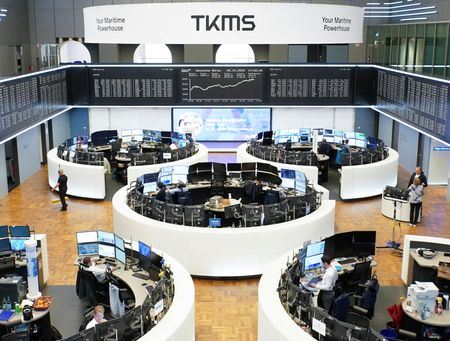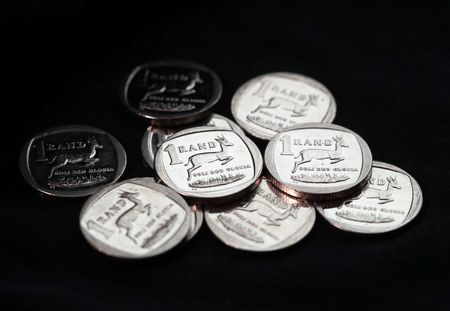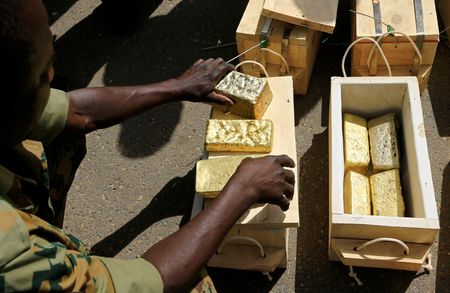LONDON (Reuters) -Private equity firm Appian Capital Advisory and the International Finance Corporation (IFC) have launched a $1 billion fund to invest in critical minerals projects in Africa and Latin America, the companies said on Tuesday.
The fund, anchored by an initial $100 million commitment from IFC, a member of the World Bank Group, will focus on nickel, copper, cobalt and rare earths, all essential for the energy transition and digital technologies.
The new vehicle is IFC’s first fund in partnership with a private mining investor, reflecting growing interest by development finance institutions to attract private capital into mining projects.
“They’re (IFC) trying to deploy more capital to work in our space, but it’s a very difficult and challenging sector,” Michael Scherb, Appian’s founder and CEO, told Reuters, adding that Appian has already worked with the IFC in rare earth and gold projects across Africa.
“This is a much more formalised partnership.”
Appian, which manages around $5 billion in assets, will oversee the fund’s investments, co-investing alongside its existing and future funds.
The fund’s first investment will be in Atlantic Nickel’s Santa Rita mine in Brazil, a nickel-copper-cobalt open pit mine that the parties will also develop underground, expected to produce 30,000 metric tons of nickel a year for 34 years.
As governments and companies race to secure supplies of critical minerals, the fund will seek to strengthen supply chain resilience and support sustainable industrialisation in developing economies.
Scherb said that the fund is also looking into building a downstream refinery for its Santa Rita mine in Brazil.
Appian, which produces graphite in Brazil, already has a graphite downstream refiner in the United States, for example, to which the U.S. Department of Energy (DOE) has just given a $125 million grant, Scherb said.
“We have expertise in upstream and downstream, and you could see us partnering with governments more on that basis,” he said.
(Reporting by Clara Denina; Editing by Susan Fenton)








